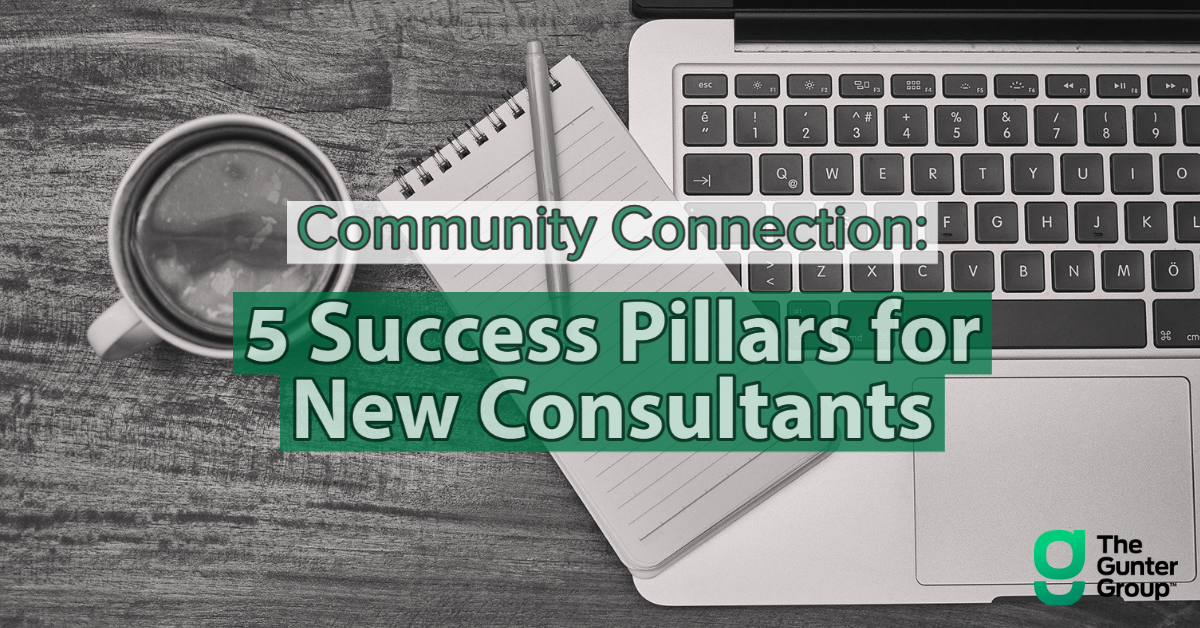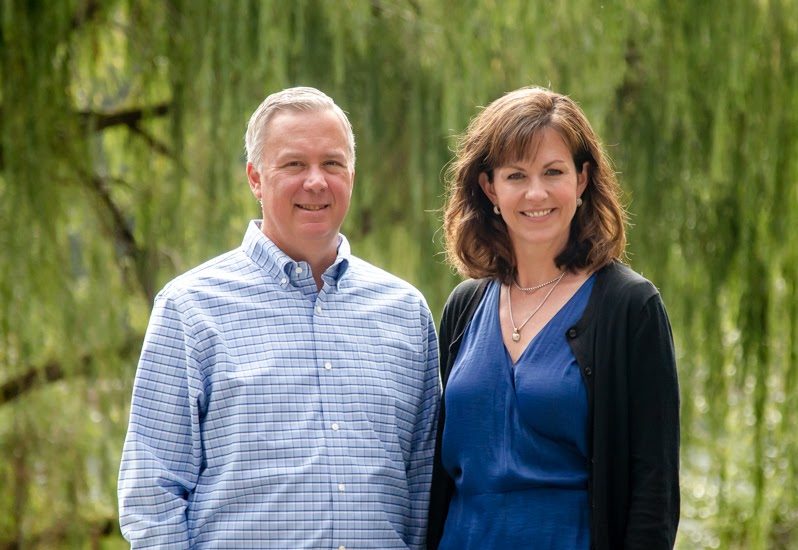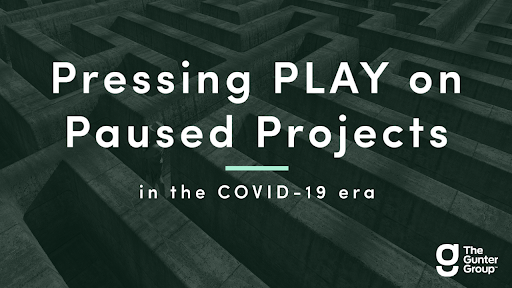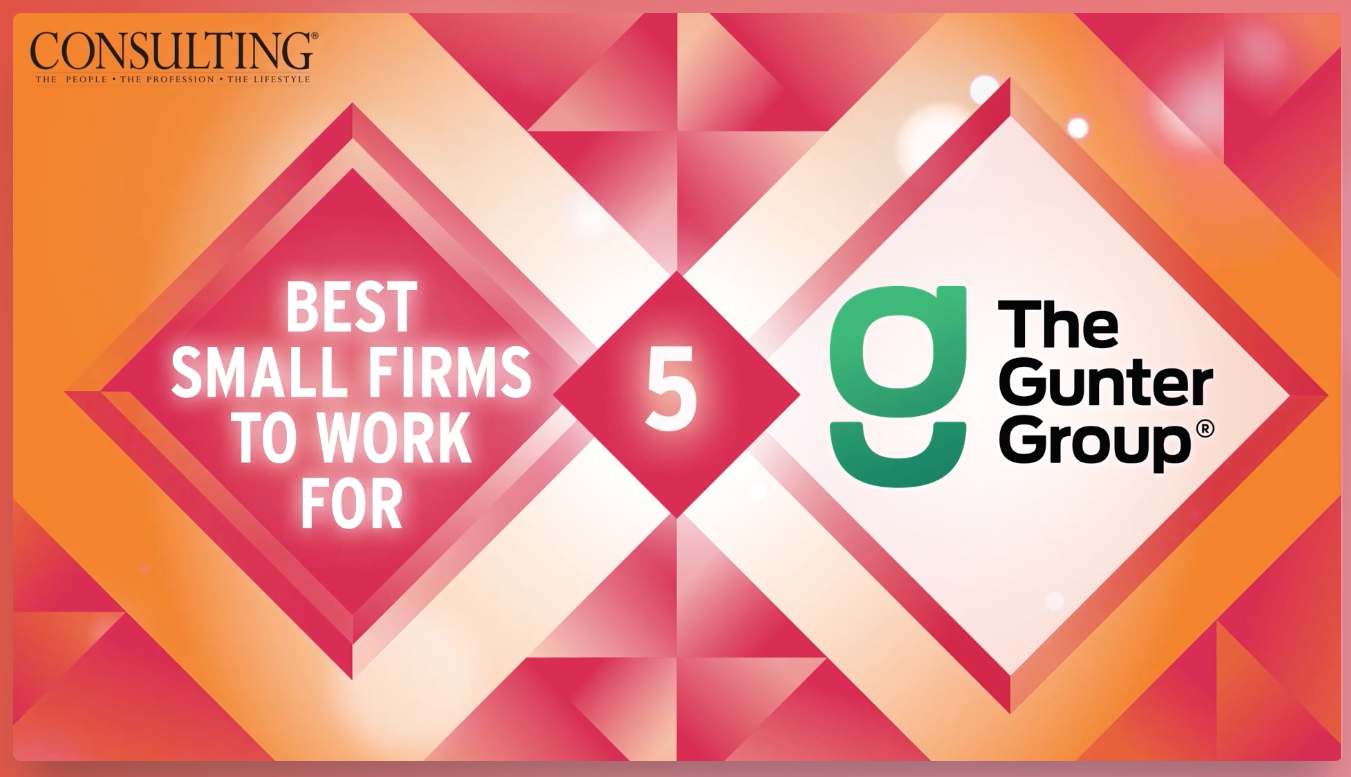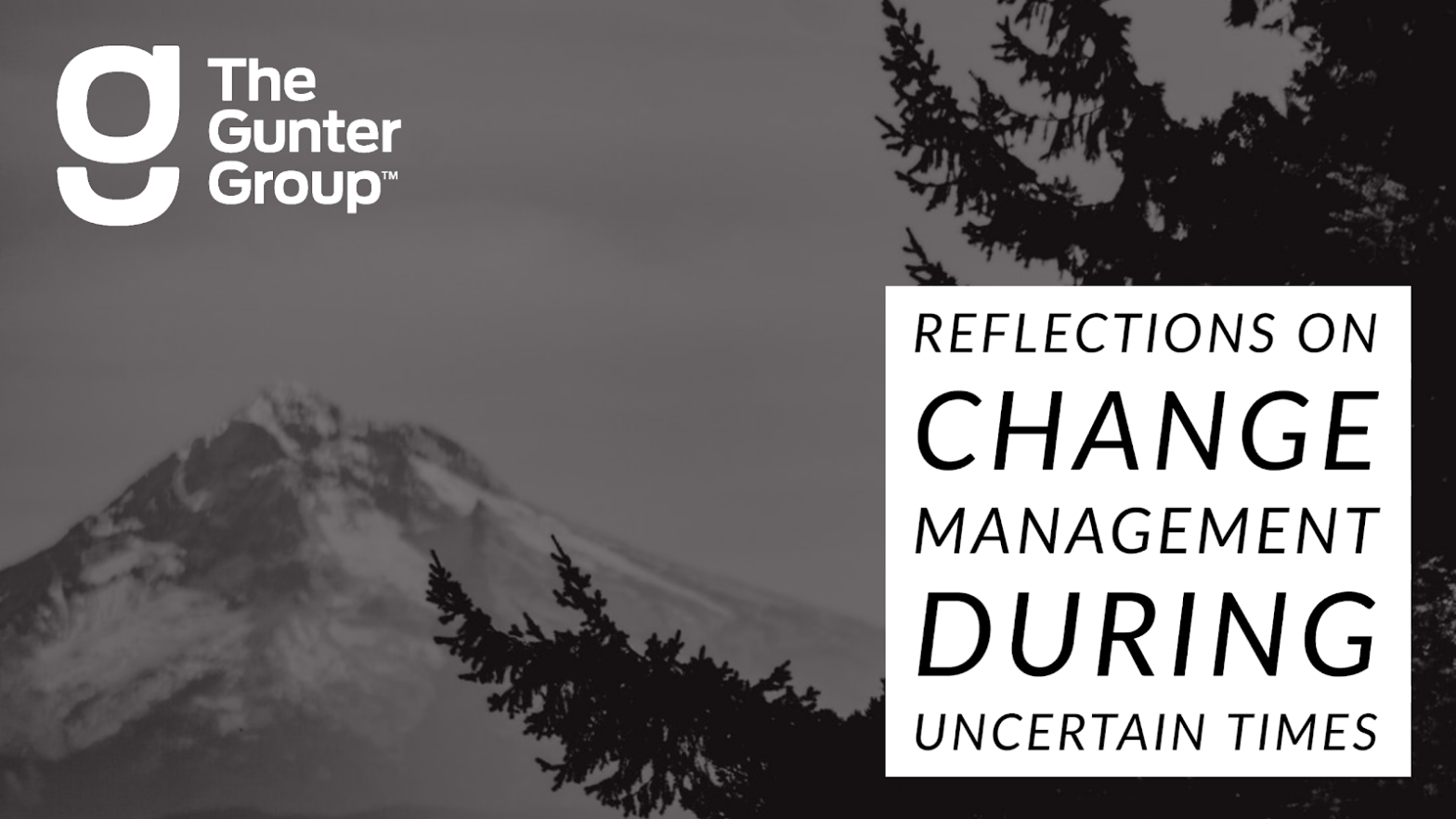Little did we know that half way through this blog series, we would find ourselves in the middle of not only a global pandemic, but also significant societal upheaval in the ongoing fight for equity, inclusion and racial justice.
We knew how our Non-Negotiables guided us in “normal” times, but how would they hold up in such uncertain and stressful times?
Tag Archives: Leadership
OUR NON-NEGOTIABLES:
HOW A FIRST DAY SHAPED A CAREER
I showed up nervous on my first day at The Gunter Group. That morning, my manager and I went for a walk along the Willamette River. After some casual back and forth, I turned the conversation to the job: “What do you think my first 30 days should look like?” The dialogue that followed shaped my career and provides continuous value to this day.
COMMUNITY CONNECTION:
5 SUCCESS PILLARS FOR NEW CONSULTANTS
On January 14th, 2021, a panel of seasoned consultants from The Gunter Group were invited to provide their insights into the field of consulting to members of The Oregon Consulting Group at The University of Oregon.
TGG RECEIVES PORTLAND BUSINESS JOURNAL AWARDS
The Gunter Group was recognized by Portland Business Journal for multiple achievements throughout the year.
PRESSING PLAY ON PAUSED PROJECTS IN THE COVID-19 ERA
As a result of the COVID-19 pandemic, organizations have had to make tough choices and “hit the pause button”, delaying projects and strategic initiatives. We are now seeing enterprises reinstating their paused projects and initiatives, but in a changed world, where challenges such as limited and/or remote staff, constrained budgets, and emerging competing priorities need to be factored into the mix.
TGG RANKED AS #5 BEST SMALL FIRM TO WORK FOR IN THE NATION BY CONSULTING MAGAZINE
The Gunter Group was recognized as Consulting Magazine’s #5 “Best Small Firm to Work For” in the nation.
OUR NON-NEGOTIABLES: THRIVES IN AMBIGUITY
At TGG, we value the ability to thrive in AMBIGUITY because it enables us to embrace the unique challenges our clients face. With a collaborative team who share diverse backgrounds and experiences, we partner with our clients to navigate complex and uncharted terrain. By utilizing cutting edge tools and applying lessons learned, we trek through the obscure to create structure and definition so that our clients’ visions become reality.
OUR NON-NEGOTIABLES: INTELLECTUAL CURIOSITY
At The Gunter Group, we search for individuals who exhibit intellectual curiosity because this trait tends to be a significant indicator of someone who makes good decisions and thoughtful recommendations. Almost everything we do in consulting is about helping our clients make the most informed decisions possible, ranging from small-scale projects to strategic visioning.
REFLECTIONS ON CHANGE MANAGEMENT IN UNCERTAIN TIMES
The Gunter Group hosted the ACMP Pacific Northwest chapter’s monthly Coffee Chats in April, May, and June. Just as everyone was figuring out how to deal with so many things changing, we facilitated a three-part webinar series entitled ‘Reflections on Change Management in Uncertain Times’.


